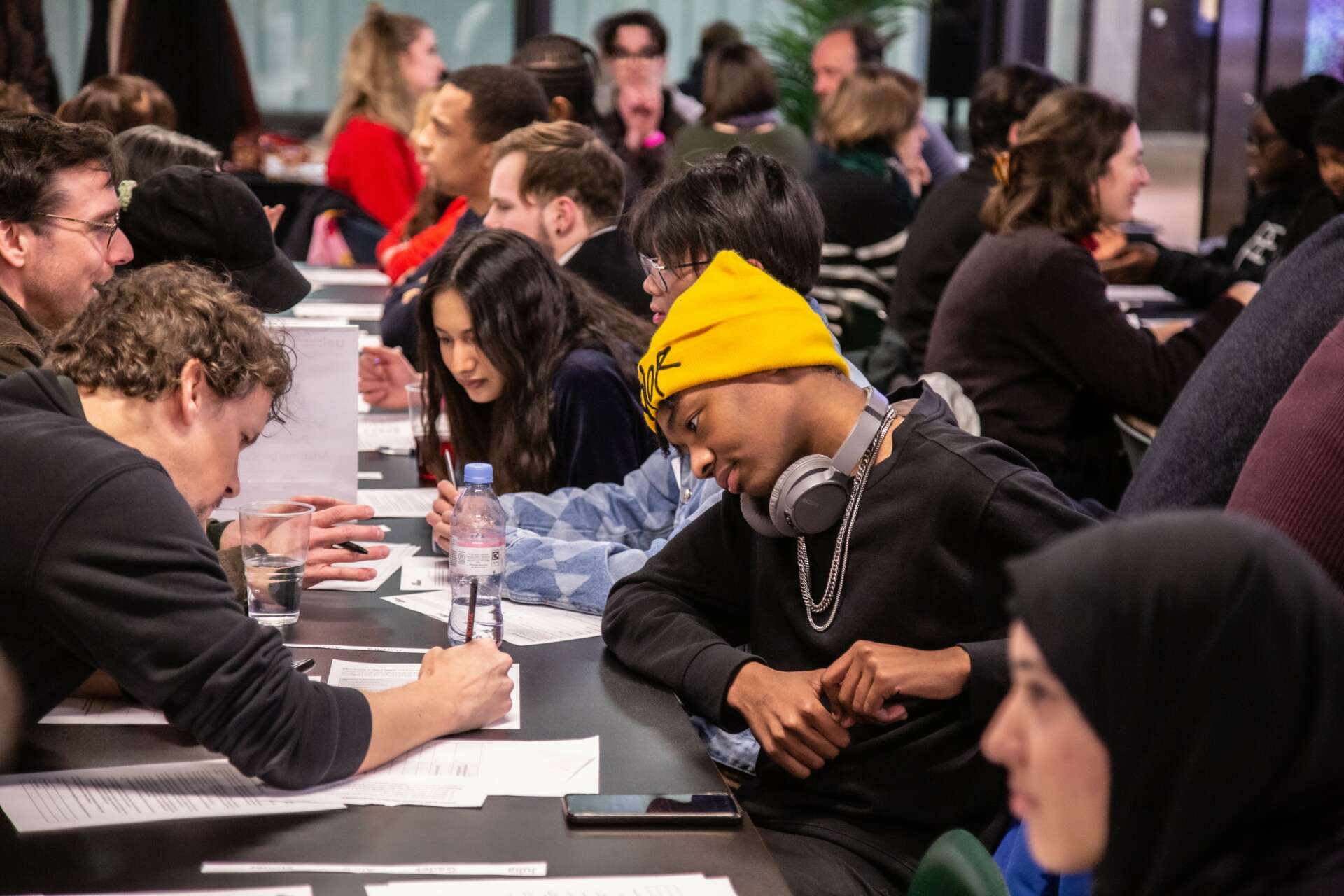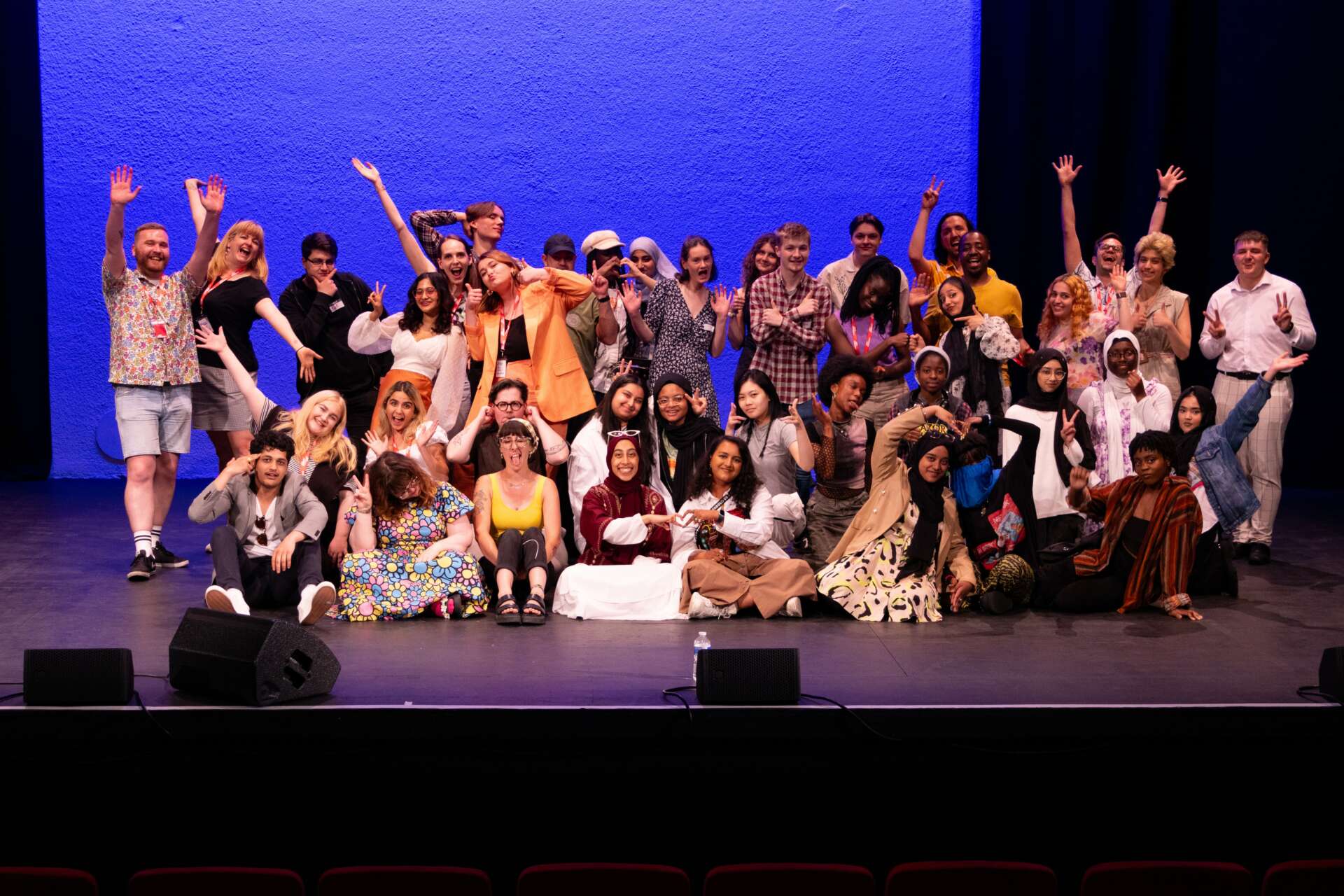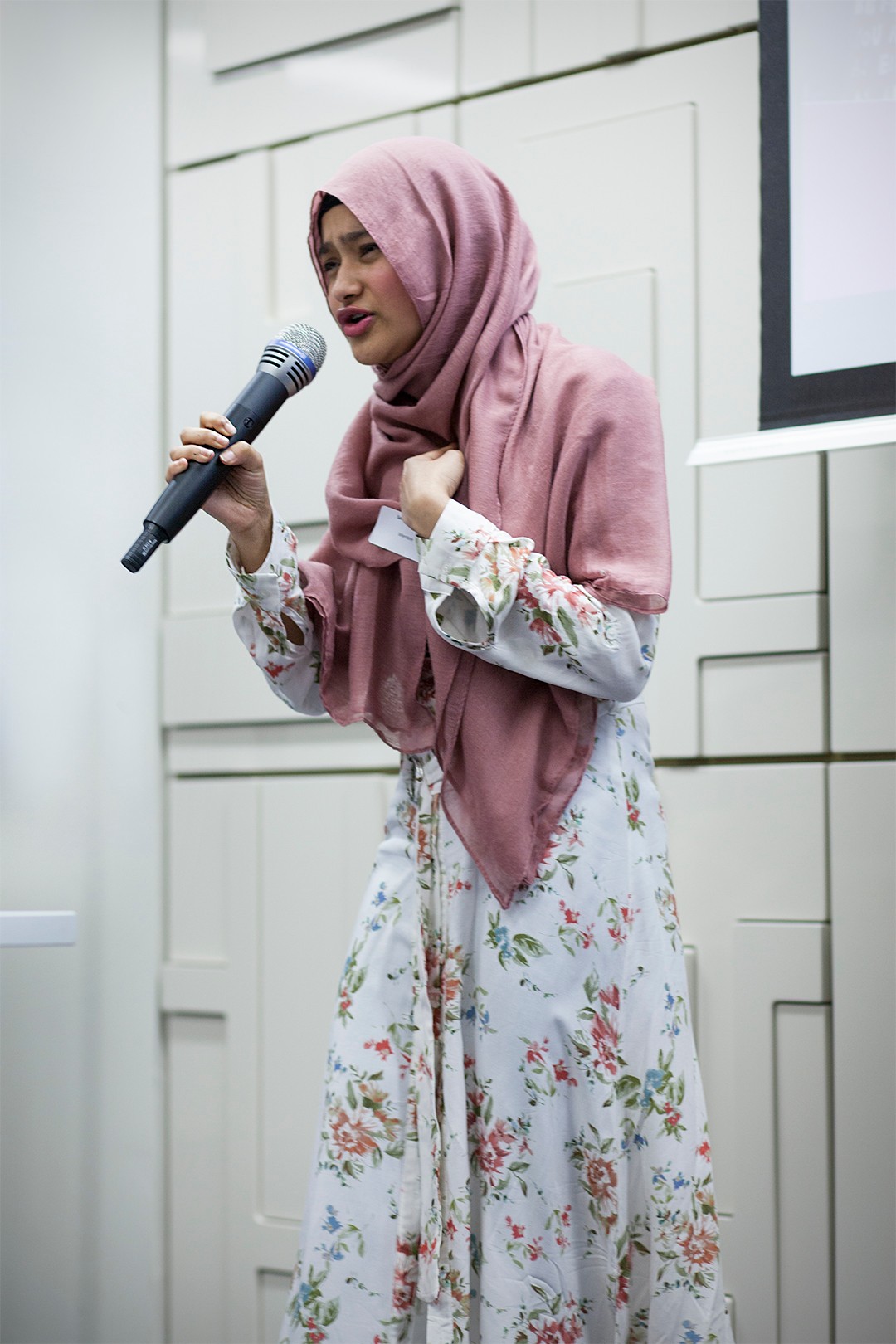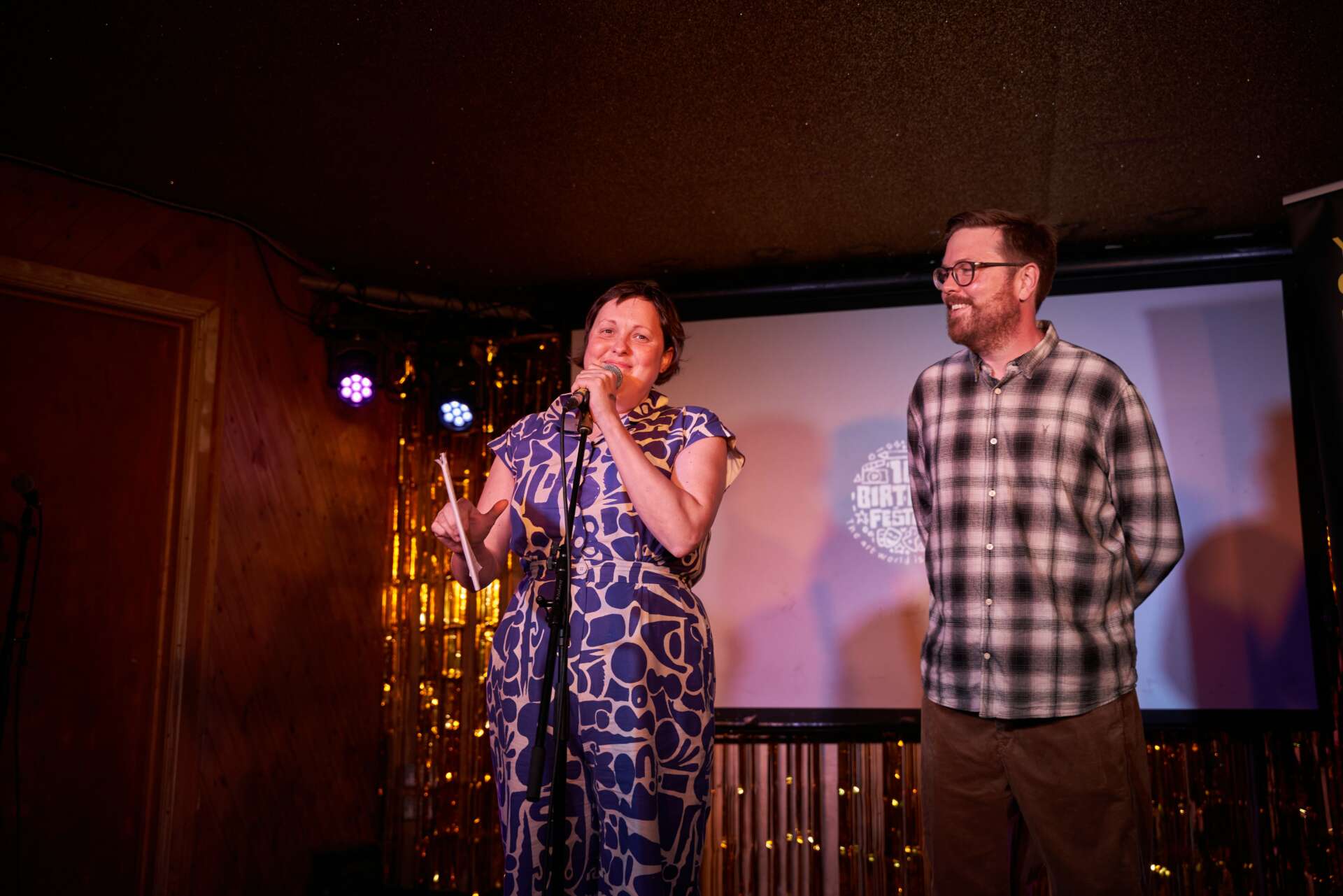We caught up with the brilliant and insightful Neil Griffiths a few weeks ago and have shared our conversation below.
Neil, appreciate you joining us today. What was it like going from idea to execution? Can you share some of the backstory and some of the major steps or milestones?
Having ideas is easy I think. Making them stick and having other people pick up your idea and run with it is the hard thing. After a year or so of discussion with my co-founder, with young people, teachers and people in the arts and academia I was confident we had a great idea – a mentoring project taking place within an alternative to old boy networks – and we had enough interest to start planning a pilot.
The work really began at that point and there was a lot to learn. I had to create safeguarding policies, I had to find various examples of mentoring projects that were successful and factor that into our programme design which included a training programme for volunteers. We had to figure out how young people would apply, and which young people we would support, and then we had to figure out how to conduct criminal record checks for volunteers to make sure they were eligible to work with young people, and draft partnership agreements with schools.
All of this, alongside generating public interest in the idea to ensure enough volunteers and young people heard about our plans and could sign up in various ways.

Awesome – so before we get into the rest of our questions, can you briefly introduce yourself to our readers.
I co-founded Arts Emergency in 2011 and became Chief Executive in 2015. Prior to becoming CEO here I worked for a variety of global rights campaigns and human rights charities. I was voted one the 50 most influential UK fundraisers in 2012, 2013 and 2014, and was awarded an Honorary Doctorate by London Metropolitan University in 2020 for my work. I am a lifelong activist and campaigner, and alongside being part of the team leading Arts Emergency, I do public speaking and mentor campaign and charity leaders working at the grassroots level.
We set up Arts Emergency to create privilege for people without privilege and to uphold the value that arts and culture has to a functioning, thriving democratic society. We wanted people from marginalised backgrounds to have the same kind of support and opportunities more privileged people had – an alternative old boys network for the many! We are a chairty that supports around 1500 young people across the UK through mentoring, coaching and community lead projects.

We’d love to hear about how you met your business partner.
My co-founder is an award winning comedian and author. We met when we were in our mid-20s at a benefit for garment workers I’d organised in a Kings Cross pub. We were from the same small part of the world outside just south london, but she had been to Oxford and we had a fairly animated discussion about higher education. We kept in touch and a few years later, when the government changed here in the UK and university tuition fees were set to triple we came together to organise a response to that. We’d both benefitted massively from studying English Lit at University and wanted to do our bit to make sure other people from less advantaged backgrounds could still pursue a creative and critical path in life, and contribute to the culture we all live in.

Can you tell us about a time you’ve had to pivot?
The organisation has doubled in size roughly every two to three years and that sometimes feels very slow, sometimes far too fast. That means there have been so many pivots as we’ve continued to mature and the operation becomes more complex. I think a key transition most recently has been (obviously) the pandemic and emerging cost of living crisis here in the UK.
Hither-to we had relied on small donations from a fairly large number of people in order to fund our programmes and organisational development. Even in better times economically that was a slow growing income stream but that suited us and we liked the close connection it gave people to our cause, and the relative sustainability and independence of that income stream versus big one off donations or project by project grants. It really helped us develop our practice and truly focus on the individual needs and goals young people had.
Of course the pandemic and rising inflation meant the individually people started to give less to charities generally, and we were in a risky place – the less income, the smaller % you can then spend on generating income, and it can quickly become a negative cycle that results in reduced programming and job losses.
We began a number of processes in late 2021/early 2022. We brought in new leadership at board level, commissioned our first external strategic review of programmes and their impact, and created our first leadership team. It’s all all been about getting to a place where we can start codifying the practice we’ve been building for a decade-plus, and decide with all the important stakeholders where and how we evolve from here. In practical terms these changes have enabled us to start accepting multi-year grants and my time has been freed up to pursue major donors in a way that wasn’t possible before.

Contact Info:
- Website: https://www.arts-emergency.org/
- Instagram: https://www.instagram.com/artsemergency/?hl=en
- Facebook: https://www.facebook.com/ArtsEmergency
- Linkedin: https://www.linkedin.com/in/neil-griffiths-473524179/
- Twitter: https://twitter.com/@_griff


